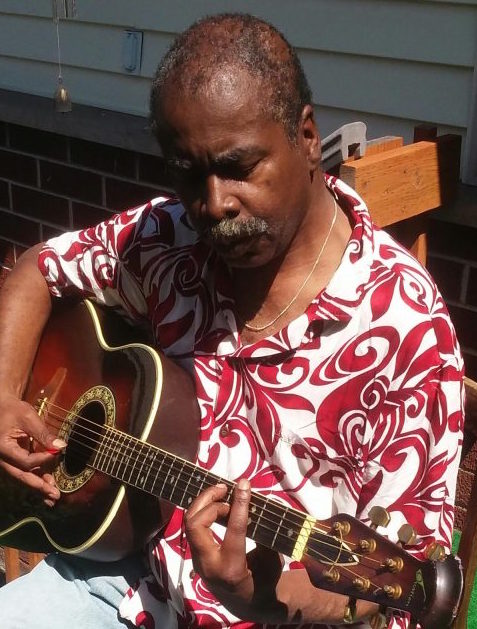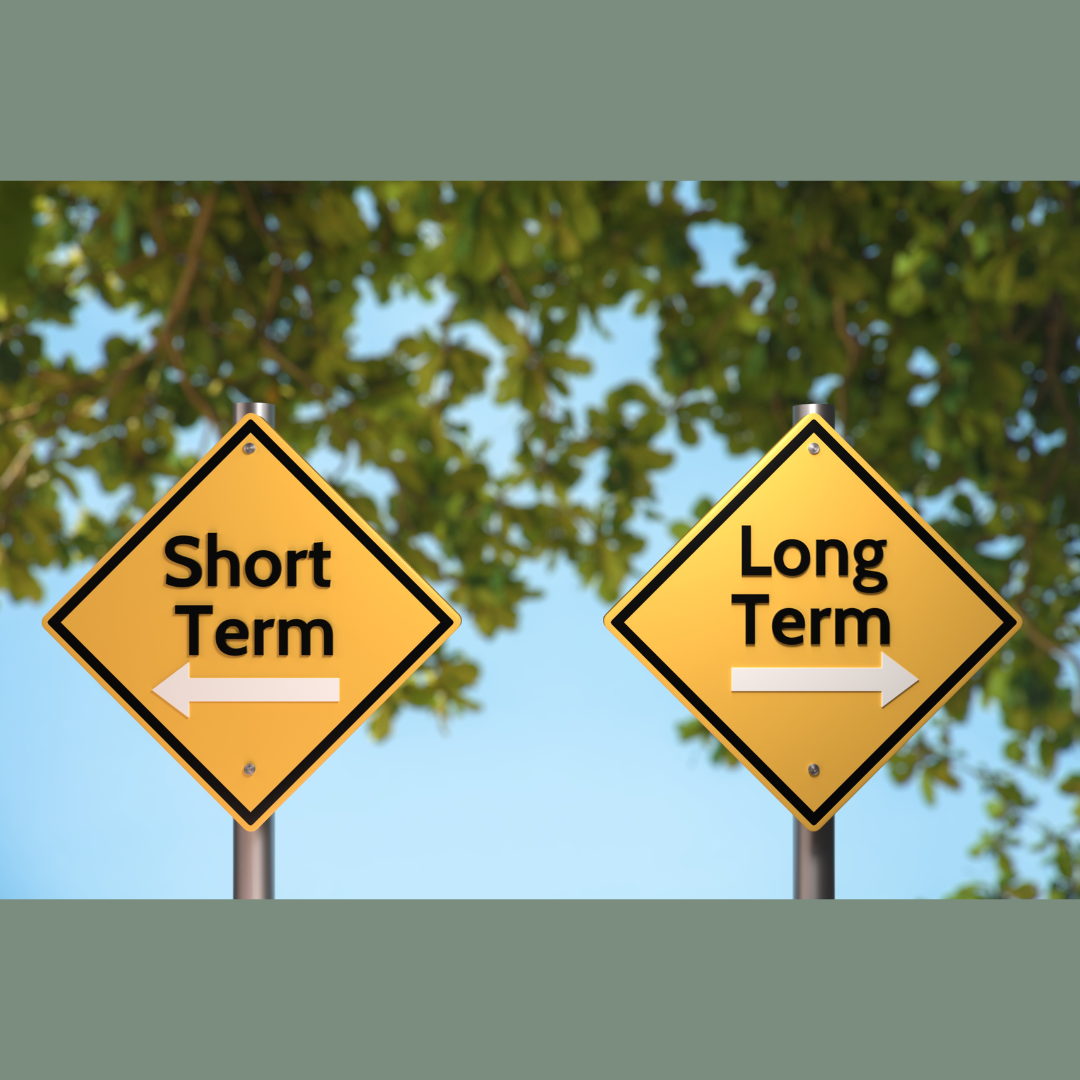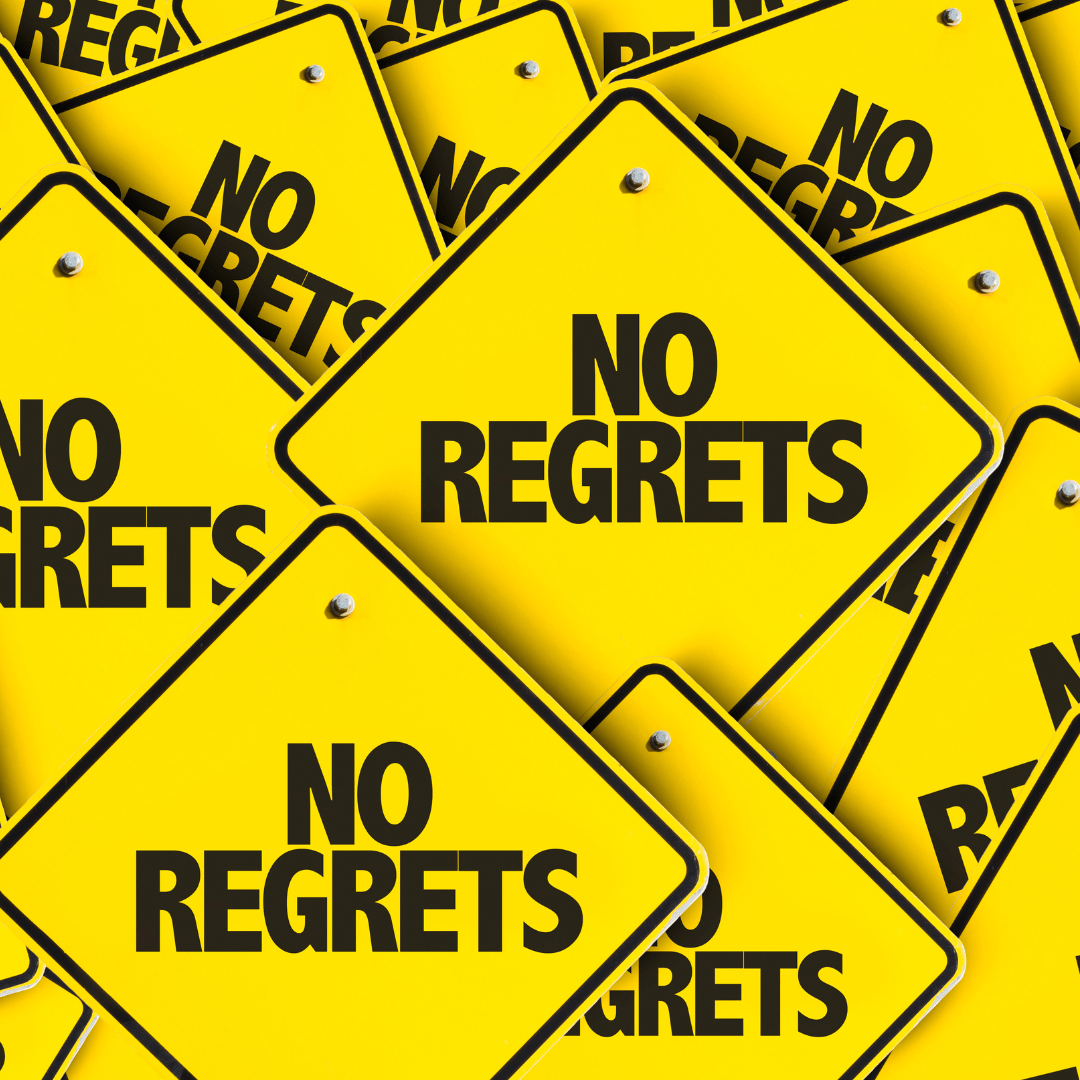Sometimes someone asks me why I don’t go back to investigative journalism.
People typically say these things: You were so good at it, and you always say your blog writing helps your recovery, so why not be a reporter again?
My journalism background does help both my current writing as well as aiding my recovery, and I’m still doing it after more than five years and still progressing.
So why not get back into more traditional journalism (and get paid too?)
Lots of reasons, but I won’t get into them here.
But I do realize that as much as my journalism is still aiding in my recovery, I could never have been the kind of reporter I was in my previous life without my degree in communication.
Hang in there; this will be kind of long, but I hope your patience will be rewarded. I don’t know a simple way to explain the concepts I’m about lay out, but believe me, this is going somewhere.
First, although some people thought I was a passably decent reporter, I never studied journalism; I studied communication as I stated above. I was exposed to some cool ideas, some of which helped me be a journalist and that also help in my recovery from a stroke.
Here are some:
1. Remember Ivory Soap, the one that floats? Remember the ads for Ivory soap, the ones offering a free bar if you buy two?
We were asked to break that down, starting with a basic question: knowing companies don’t deliberately give away a lot of free stuff, how do they profit giving away free soap?
Possibilities:
They were overcharging at the regular price, so giving some away didn’t hurt their bottom line.
Did it have anything to do with the basic ingredients? Whatever they use, it is still soap.
How did they make the stuff float? What did they do in the manufacturing process others weren’t doing?
Was it possible there was air or something inside the soap that somehow made it lighter than water so it would float? If that were how they do it, wouldn’t they need less soap, so the final cost was lower?
Bingo.
That last is the answer. The stuff is whipped up, so it contains more oxygen when it is made into bars that are lighter than water. It meant that less soap was used, so the cost to make it was lower. So, they could afford to give some away and still make a profit.
Another thing we learned was to look behind the actual words used to get to the heart of a matter. Two examples:
2. The use of the word virtually. What’s really going on when a laundry detergent ad makes a claim like removes virtually any kind of stain? Many people will look past virtually and interpret the claim as removes any stain.
Virtually is a weasel word–it’s nuanced and obscures the real meaning of the phrase to create an inaccurate impression. Virtually in this case translates to almost any stain or any stain. Use it and you’ll get rid of most stains but not all.
3. Looking behind claims like this toothpaste helps prevent cavities. How does the toothpaste help prevent cavities?
What I learned to do is ask, what is the strongest claim they could have made about their product?
How about this: use this toothpaste and you will never get cavities? That would be a strong claim, so why not say that instead of helps prevent cavities?
Look at the distance between what they say and the strongest possible truthful claim they could have made to determine how truthful the claim is. Compare what is said with what could have been said. Thinking this way is useful for more than just analyzing marketing claims; it helped me become a successful reporter.
I specialized in investigating legal and political issues; doing that kind of analysis helped when I talked to politicians and public figures. I measured their claims against the established facts, and I questioned the disparity.
Another useful tool I used in journalism was paying attention when someone used the passive voice.
Nothing perked up my ears quicker than when someone tried to tell me something like the phrase, mistakes were made. It was a dead giveaway someone was trying to sweep something under the carpet and deflect attention away from the real issue. It obscures meaning instead of providing it.
It made me ask things like which mistakes were made? Who made the mistakes? What steps are you taking to avoid those mistakes from being repeated? Passive voice makes for good weasel words, but that shouldn’t be the end of the questioning. Your English teacher told you to avoid the passive voice for good reason.
One more thing we did in school helped my reporting and finding answers in my personal life.
One night our assignment was to attend a cocktail party. We had to check in at the door and wear the nametag they gave us. On the back of the tag was the name of another communication major, along with three questions. Our job was to mingle and to interview that person and learn the answers to the three questions without that person guessing you were their interviewer. We had then to put what we learned on paper along with our guesses about who our interviewer had been. In that way and others, we learned how to be subtle and how much power there is in subtlety.
That came in mighty handy when I later interviewed politicians. Other journalists used to ask me how I get people to tell me things they don’t tell other people.
I never said.
A few times I had someone tell me, I didn’t intend to tell you that or I don’t believe I just told you that.
I do those in my head to this day, and I use them when I’m blogging. I think it’s good mental exercise, and with my natural curiosity it helps me generate questions that require me to do some research to answer. Doing that keeps my brain busy and it helps my cognition. I know for sure it helps my focus and concentration.
I’ve written about recovering from traumatic brain injury (TBI) before, but usually about how I’m doing it myself rather than researching recovery tips to pass along. I’ve never approached looking at recovering from useful tips for recovery standpoint, but I look at it like this: what are things I can do to recover?
I start with what I know about myself and ask myself questions about what I know and try to think of ways I can change or improve on it. And just as other reporters would ask how I went about getting the results I got, people ask me how I’ve gone about my own recovery, which many consider astounding or astonishing.
The techniques I described help keep me from fooling myself.
I’ve written before about how playing word games in my head has helped my recovery–these are other helpful things I do that help me every day. Anything that you can do to keep your brain busy, and working is helpful and important for brain health, which is where TBIs like to live.
I am constantly asking myself questions about the world around me. My view is learning is a great sign I am still alive.
These thought processes I described above, and others are still with me; they’re baked in at this point. Although I can turn it on, I can’t shut it off. These are some of the things that run in the background of my consciousness, and they are always with me. I don’t often have to consciously work to get into analysis mode because I’m usually there already.
A lot of times the process begins with, I wonder….
These things are always with me, and always helping me come up with things to write about and new ways to try to aid or speed my recovery.
 | Isaac Peterson grew up on an Air Force base near Cheyenne, Wyoming. After graduating from the University of Wyoming, he embarked on a career as an award-winning investigative journalist and as a semi-professional musician in the Twin Cities, the place he called home on and off for 35 years. He doesn’t mind it at all if someone offers to pick up his restaurant tab and, also, welcomes reader comments. Email him at isaac3rd@gmail.com. Read more articles by Isaac here; https://www.brainenergysupportteam.org/archives/tag/isaac-peterson |
|---|






